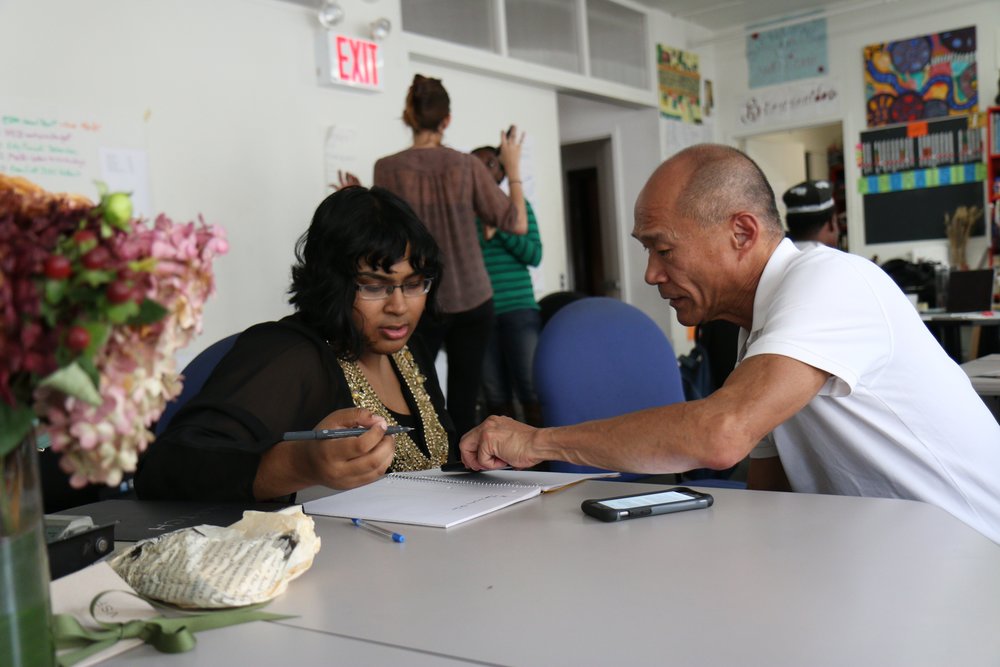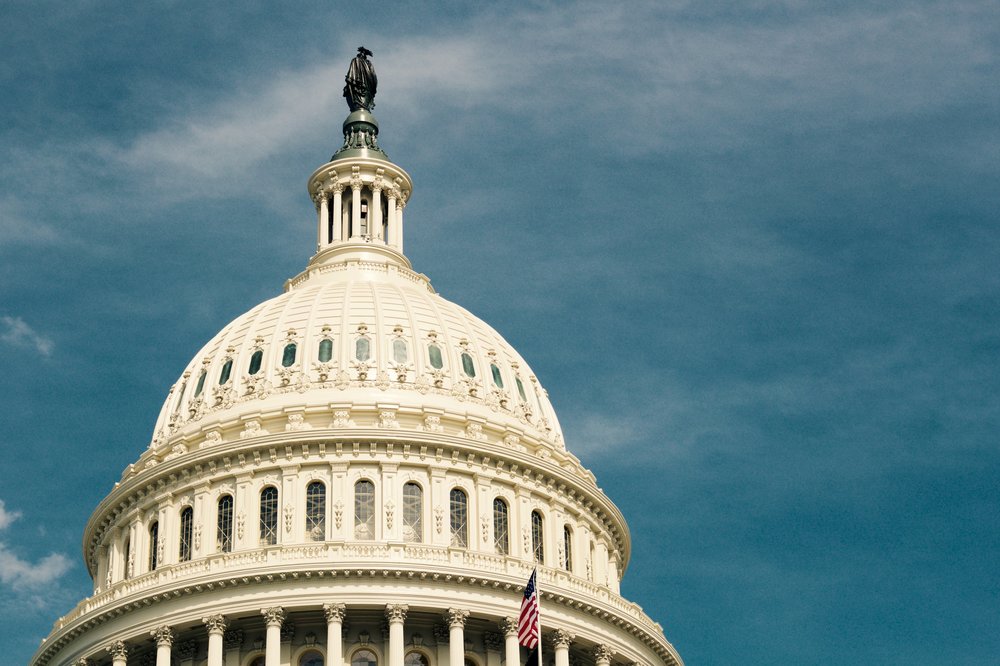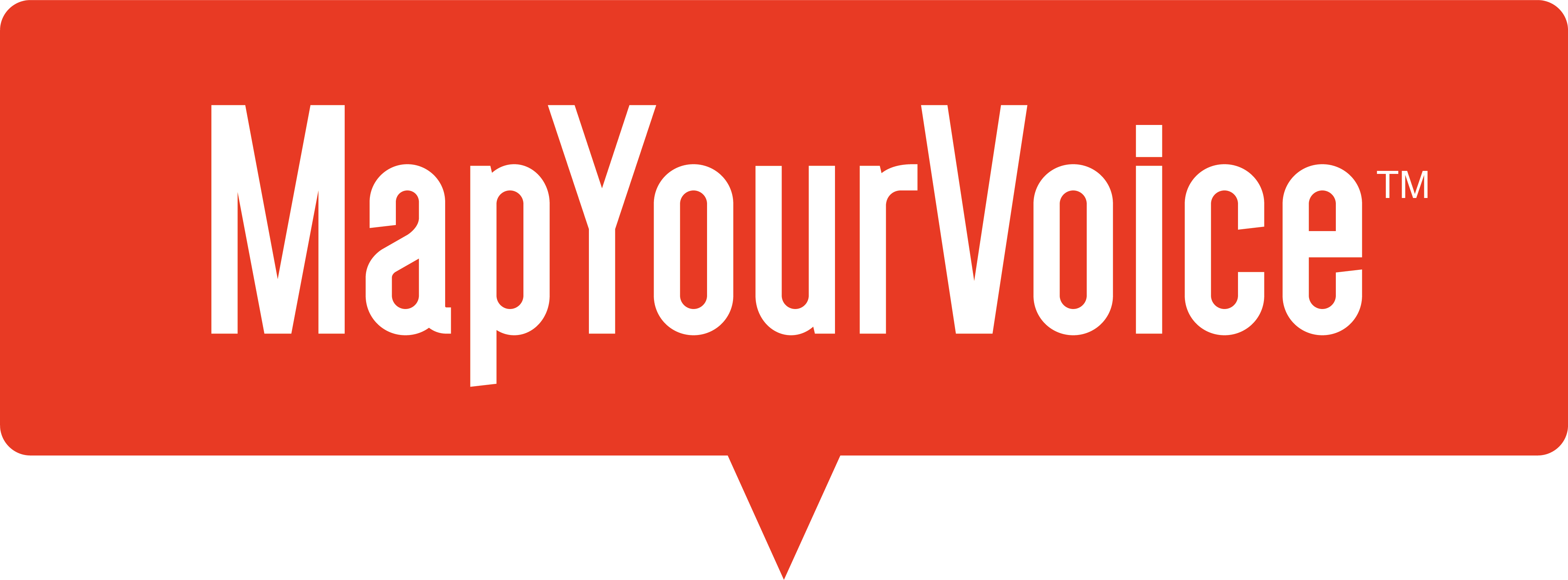Sexual violence is the only global epidemic without the data needed to address it.
With only 13% of sexual violence incidents being reported (12% for children, <1% for men), the problem stays hidden in the shadows where it can persist indefinitely ... unchecked.

Through our global assault report map and data collected from survivors’ comprehensive assault reports, MapYourVoice removes the cover of secrecy surrounding sexual violence, exposes it to the light where meaningful local, regional, and global solutions can be developed.
A few of the things we do know

- Sexual perpetrators tend to be repeat offenders, preying upon members of their communities over-and-over again.
- Sexual violence has far-reaching harmful impacts on many aspects of a victim’s life: physical and mental health, relationships, education, career, quality of life, and more.
- Statistically speaking, everyone on the planet knows at least one person who has been victimized by sexual violence: a relative, a friend, a classmate, a teammate, a coworker…or oneself.
The MapYourVoice Data-Oriented Solution
As survivors establish their private MapYourVoice member accounts and complete their comprehensive assault reports, they become our partners — our co-researchers — in developing meaningful quantitative (statistics) and qualitative (subjective experience) data to help end sexual violence.
As more and more survivors around the world participate, a clearer and clearer picture of sexual violence emerges through the aggregated (combined) data.
This data can be viewed in literally 1000’s of ways to bring understanding to many aspects of sexual violence. It can also be analyzed locally to understand the specific nature of sexual violence within a local community — or globally to gain regional and global understandings.

MapYourVoice data serves street-level solutions
All of this unique, valuable data is intended to serve our efforts in teaming up with local, regional and global partners to develop tangible, multi-faceted solutions for supporting survivors and ending sexual violence.
Here are some ways this data can serve the public good:

Public understanding
of sexual violence and victims can become better informed so the public discourse moves beyond rape myths and misperceptions to support and prevention.

Supporters, foundations & advocates
can identify and bolster local support networks that are working well — and identify gaps in support so resources can be channeled to the places they are most needed.

Public health officials
operating locally, regionally and globally, as well as the medical and mental health communities, can use the data to better understand and support survivors.

Social scientist and academia
can identify data trends through MapYourVoice to launch further empirical studies for developing local, culturally-appropriate solutions.

Law enforcement
can identify and bolster local support networks that are working well — and identify gaps in support so resources can be channeled to the places they are most needed.

Local, regional & global policymakers
can see (and could no longer ignore) the magnitude of this problem and would be compelled to legislate meaningful change.
Our firm commitment to protecting survivor confidentiality

We take a strong stance as a nonprofit organization to protect the identity of our members. Here are tangible steps we take to do this:
- From the onset, we avoid collecting any personally-identifying data such as real name, address, phone number, etc. so it will never be compromised through MapYourVoice.
- If privacy concerns do exist, we suggest using a unique, anonymous email address to access MapYourVoice.
- We provide safety tips to insure privacy and security while using the internet and devices to access MapYourVoice.
- Our web platform includes and is continually upgraded with a host of security measures.
- And lastly, our nonprofit organization's charter includes NEVER selling or distributing member data to companies looking to profit from this population (of which there are many).
